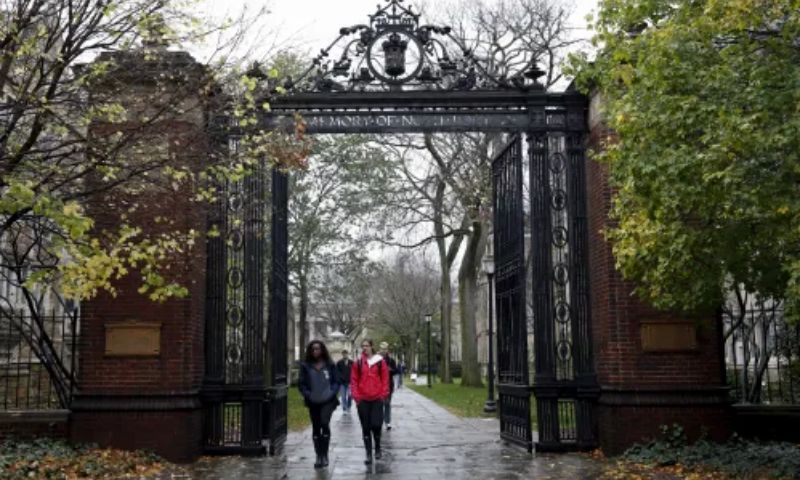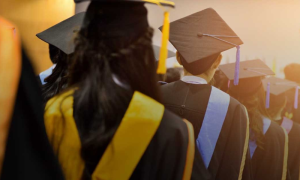WASHINGTON: Should you get a leg up on your university application just because Mother or Father had studied at that school?
So-called “legacy admissions” — long a standard practice at many prominent American universities, including Harvard and Stanford — are coming under increased scrutiny, though it’s unlikely they’ll go without a fight, even in a country that acclaims success through individual merit.
However, cracks have begun to appear in this system, driven by recent Supreme Court cases and an Education Department investigation sparked by a legal complaint aimed at dismantling what one university president described as an “aristocratic” system unfit for democracy.
Legacy admissions don’t guarantee entry into a university, but they do provide applicants with an advantage. If a prospective student can claim both a solid academic record and a familial connection to an alumnus, it can tilt the admissions process in their favour, which is highly competitive. For example, Harvard University reported an acceptance rate of 33 percent for “legacy” students from 2014 to 2019, compared to an overall acceptance rate of only six percent.
In addition to current complaints about the practice, experts say it has dark historical origins, dating back to the beginning of the 20th century when universities sought to limit the number of Jewish students on their campuses.
In addition to current criticism about the practice, experts say that legacy admissions have dark origins, dating back to the early 20th century when universities sought to limit the enrollment of Jewish students.
According to James Murphy of the Education Reform Now think tank, the persistence of legacy admissions is “deeply unethical.” He argues that this practice contradicts the notion that higher education should be a driving force for social mobility.
Further, he says that it continues to exist for two primary reasons: “Money and privilege.”
Many institutions fear that alumni donations may dwindle if preferential admissions for their offspring cease, and some boards of trustees remain attached to the elitist tradition,” Murphy said. —AFP/APP

























